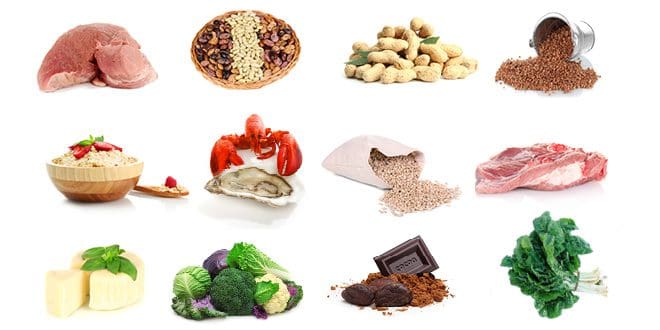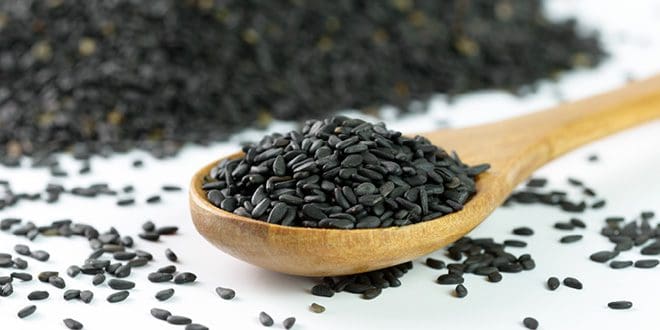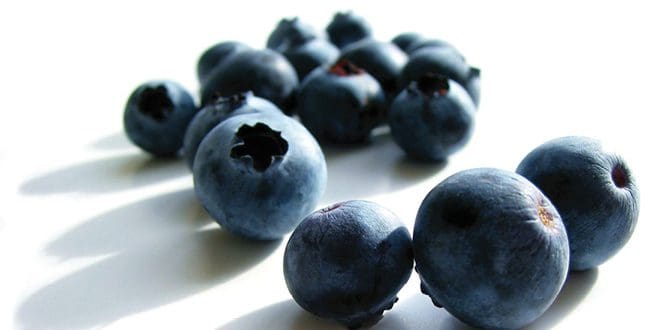Working alongside Dr Cabot often allows me the privilege of exposure to educational seminars that are far beyond the scope of practice as a Nutritionist. I was recently lucky enough to be invited to attend a three part series of educational evenings relating to Obesity – entitled “Obesity: A multidisciplinary approach to patient management” The two main presenters are specialists in their field, Orthopaedic Surgeon Professor John Ireland and Bariatric Surgeon – Dr Ali Zarrouk. Both spoke in great detail about the effects of obesity on joints- giving alarming statistics relating to the rise of weight related surgeries- namely Osteoarthritis, hip and knee replacements. They also spoke about a radical surgery called gastric banding and sleeve gastrectomys.
You may think that hip and knee replacements are for “old” people – people as young as 40 years of age are being admitted to have to degenerative surgery! Now I dont know about you- but I know plenty of men and women still doing triathlons in their 70’s! Of course they dont set a cracking pace- but they are out there- on a bike, in the ocean and even on the pathement- moving!
Given the increasing obesity rates within our society, surgeries such as gastric banding and another surgery I haven’t talked about as yet called sleeve gastrectomys, are becoming more and more common amongst a younger demographic – and it seems the only reason people require these surgeries is because for whatever reason, they are not able to stop putting food in their mouth!
Are you digging your grave with your teeth?
Quick fat facts!
- The Medical Association (AMA) has officially recognized obesity as a disease.
- Research shows that severely obese people die 8-10 years earlier than those of normal weight- a value similar to that for smokers
- Obesity rates have doubled or even tripled in many countries since 1980.
- Between 1995 and 2012 the average weight for men increased by 3.9kg for men and 4.1kg for women. And we are getting bigger!
- Australians has now “fatter” than Americans.
Given that I was at a seminar which was essentially organized by Doctors, for Doctors – I was always going to be getting a different perspective on treatment protocols- drugs for this, drugs for that, however that different perspective is essentially why I was there. So the lack of recognition that was paid to the fundamental causes of obesity – which I believe to be emotional attachment – and all that goes with that- self worth, self respect etc, the lack of nutrition, the lack of body movement and motivation blew me away.
A great deal of the evening was spent explaining the procedure of Gastric Banding. Gastric
Banding is a procedure where the obese patient is put under anaesthetic, and then through keyhole surgery, a plastic band is inserted into the abdominal cavity and tightened around the upper portion of the stomach – just below the oesophagus. It creates a small upper abdominal pouch that doesn’t allow as much food in through the oesophagus as it normally would. The band looks just like a wrist band you would wear into a music festival- although they don’t come in fluro green! Another incision is made on the upper abdomen so that once the band is in place; doctors can forever more access your inners and tighten the band externally (eeew). The band does not alter the digestive function. The food consumed still passes through your oesophagus, drops down into your stomach, through your digestive tract in the normal route. The band is literally a foreign object sitting around your upper abdomen – literally inhibiting the patient from being able to eat as much food!
The reason most people over eat are emotional, emotions that may stem back from unaddressed childhood issues, or current states of loneliness, unhappiness, grieving, boredom – emotions are endless, self sabotage comes from many negative thought processes. Considering this is usually a lifelong battle and these thought processes most often the cause of obesity, gastric banding doesn’t really fix the emotional causes of overeating, it doesn’t address addictions or emotional issues that may be the trigger of overeating – these people will be liquefying their blocks of chocolate in no time! – which is exactly why gastric banding is not a successful procedure for a lot of people. Regardless of the often awful side effects and no guarantee to keep the weight off- people are still choosing to go under the knife and have a permanent “quick fix”foreign body installed around their oesophagus, which also means a life time of hospitalization as the band has to be adjusted across their life time. Oh and one of the side effects of gastric banding – indefinite regurgitation after eating food – not the best dinner party trick!
Food is proving to be a strong addiction for a lot of people, but we shouldn’t be too hard on ourselves, not only are we dealing with our emotions, the food industry is doing a great job of keeping us addicted- addicted to outrageous amounts of sugars – A sugar addiction is harder to break than a cocaine addiction-fact!
The level of sugar in our food is sending our numbers of newly diagnosed Type 2 Diabetes cases thru the roof. Within Australia, Diabetes Mellitus has more than doubled amongst adults since 1981, and if you think diabetes is a disease of the poor or the uneducated – In the year 2000 there were 334 people in the Waverley Council electorate with Diabetes, this rose to 1460 people by 2007. And that is just the sugar – what about the chemicals?
Chemicals used to make our whole natural foods “more appealing” an example of this is Aspartame- also known as chemical #951. Aspartame was introduced as an artificial sweetener by the Monsanto Company in the 1970s. THE MONSANTO COMPANY- YES- there should be alarm bells ringing. Derived from two naturally occurring amino acids named –aspartic acid and phenylalanine, and a wood alcohol called methyl ester – which is a poison. These two amino acids and the methyl ester where joined together in a lab – and Eureka! They called it Aspartame. There are countless successful court cases in the United States of people suffering from motor neuron disease- ie degeneration of their brain neurotransmitters after consuming Aspartame. Motor neuron disease can leave people in a wheel chair unable to communicate or walk some with multiple sclerosis, lupus, brain cancers and the list is endless. To learn more Aspartame- you may know it better as equal or nutra sweet, just get yourself a copy of the DVD titled Sweet Misery- A Poisoned World.
But wait there is more! What about the preservatives added to our foods- preservatives that allow your food to sit on a supermarket shelf for literally years – foreign, utterly unnatural chemicals that our body doesn’t recognise, yet somehow needs to break it down. I’d still like to know why- under the fluorescent lights in my evening cycle class I can see yellow blotches on my finger?! It’s obviously a toxin- god knows what from.
So as you can see, there is very good reason why some people find it hard to say no to food. People that find they do have food addictions should not feel isolated or be berated by others- these people are often self deprecating as it is, nor should they think about having any sort of surgery before seeing a Nutritionist. Doctors do not have the training in human nutrition, vitamins, minerals, supplementation, amino acids, fatty acids, micro and macro nutrients that a Nutritionist does. An eating protocol a Doctor may give may leave you feeling as though your only hope is surgery- but this could be farther from the truth. An eating protocol from a Doctor is often totally polar to what a Nutritionist would give –and another important point- an eating protocol from a Dietician is also very different to what a Nutritionist would give- there is a big difference between a Dietician and a Nutritionist -diabetes is a good example of this.
Neurotransmitters are strong instigators of emotion- when you have scientists in a lab trying to actually stimulate those receptors, then food addictions can be very real addictions, but that doesn’t mean you can’t learn to control and lose your food addiction. You just need to educate yourself a little about foods and how they work on your body – if you are listening to the advertising on the television for health advice, well then you can’t blame yourself for ending up like the side of a barn house! The T.V is marketing and often leads our thinking astray. If you see it on the television…don’t eat it! Ha!
Once you have some knowledge on whole foods and the food industry – you will have the power and strength to control your emotions and habits. knowing what to eat and when to eat, gaining knowledge about vitamins, mineral, supplements and whole foods that assist you through initial periods of difficulty or fluctuating blood sugars and the moods that go along with those fluctuations can be all you need- and a Nutritionist is the person that can do this for you!








Leave A Comment